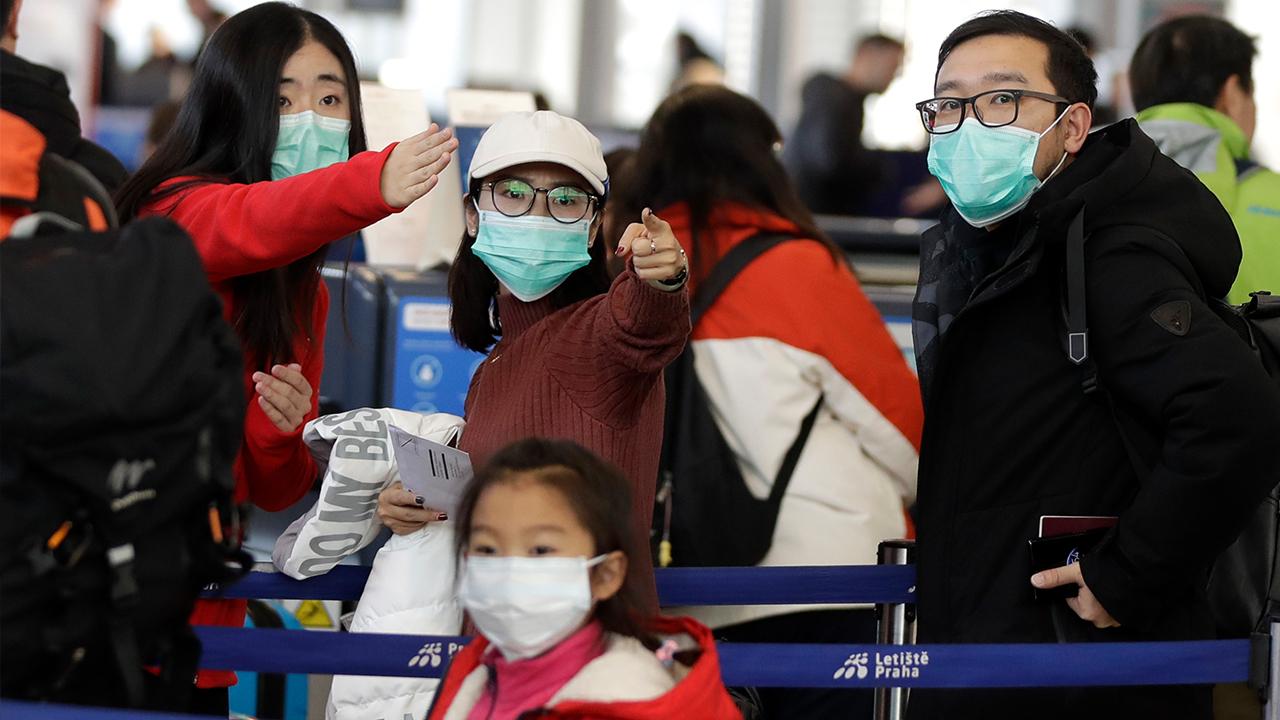A Canadian robot sent coronavirus warnings days before officials
BluDot was a week ahead of the CDC, WHO: Report
First warnings of the deadly coronavirus didn’t come from the Centers for Disease Control and Prevention or the World Health Organization. They came from a robot in Canada.
BluDot, an AI-powered health monitoring platform, sent users an alert about the outbreak on Dec. 31. The CDC and WHO reported the news on Jan. 6 and Jan. 9, respectively.
The platform, run by a team of physicians and programmers, uses a sophisticated disease surveillance program to scour news in 65 languages, as well as airline data, to pinpoint issues and alert users to avoid certain areas, like Wuhan, China, where the coronavirus outbreak began.
“We help governments protect their citizens, hospitals protect their staff and patients and businesses protect their employees and customers,” BluDot’s website reads.
The platform was created by Kamran Khan, the brand’s founder and chief executive officer. In a Wired report, he said after the AI sifts through data, using machine learning to sort out trends and other parallels, epidemiologists ensure that the conclusions and predictions are accurate before alerts are sent to users, government officials and other businesses.
CORONAVIRUS: WUHAN MAYOR WILLING TO RESIGN IF IT HELPS
It uses “language processing to train this engine to recognize whether this is an outbreak of anthrax in Mongolia or a reunion of the heavy metal band Anthrax,” he said. “We know that governments may not be relied upon to provide information in a timely fashion,” and “can pick up news, little murmurs or forums or blogs of indications of unusual events.”
THE 5 HEALTH CRISIS OF THE 21ST CENTURY THAT HAVE ROCKED MARKETS
This is not the first time BluDot, which launched in 2014, predicted the oncoming of an outbreak. It forecasted a Zika virus outbreak in Florida and published the results in The Lancet.
CLICK HERE TO GET FOX BUSINESS ON THE GO
Chinese officials have placed a quarantine on Wuhan, which has affected the movement of more than 56 million people, as they grapple with how to prevent the virus from spreading.





















